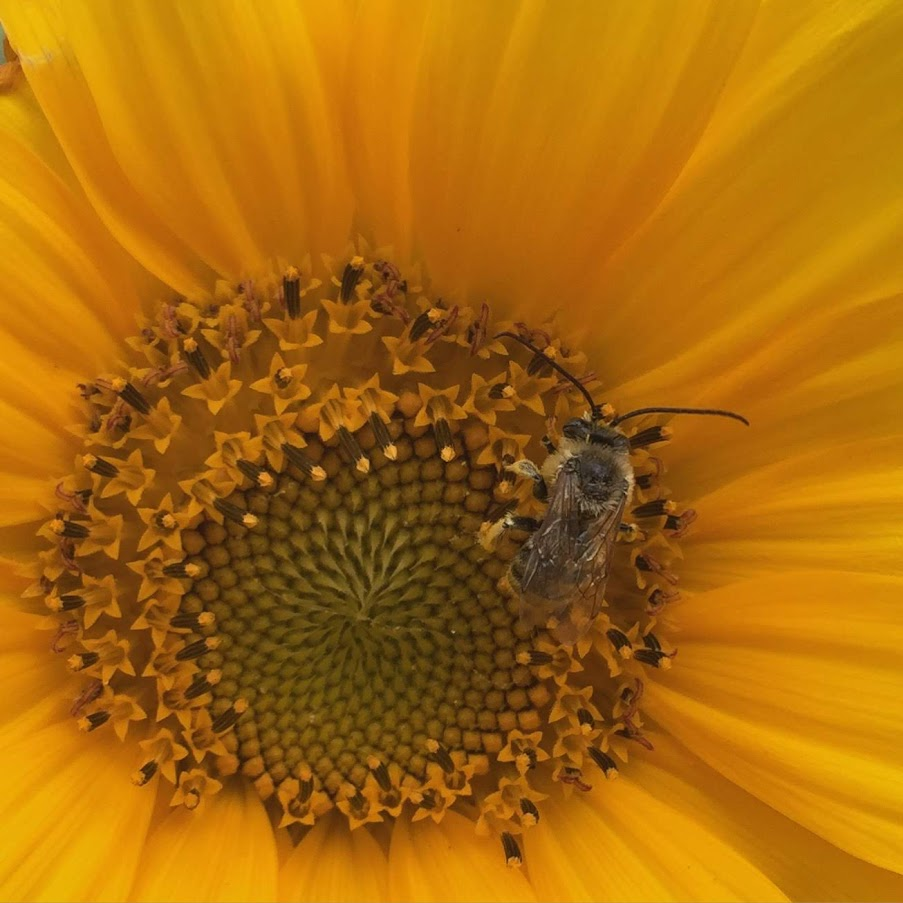“Chronos time is how we measure our days and our lives quantitatively. Kairos is the qualitative time of life.” (Josep F. Maria, SJ)
I’m thinking about Holy Week, and worship services for Palm Sunday, Good Friday, and Easter. I’m thinking about palms and azaleas and stripping the church. I’m thinking about despair and hope, short-term and long-term wins, and whether or not to invite folks up to the sing the “Hallelujah” chorus this year. In other words, I’m a pastor three weeks out from Holy Week.
On Holy Saturday, our group of dedicated volunteers will decorate the sanctuary for Easter: butterfly banners, white paraments, real azaleas and fake lilies, as the organist and this pastor are allergic to the real ones. The problem is that the flowers get delivered on Good Friday, and must be hidden away lest one preparing for the solemnity and sadness of Good Friday be confronted with the hope and life of Easter.
It’s like chronos time – the delivery of Easter flowers on Good Friday – collides with kairos time – the holiness and presence of God in despair and in joy. Maybe that’s just what life is: flowers in the midst of mourning.
It’s like all the images of sunflowers in social media, signs of support for the people of Ukraine enduring the horrors of war. It’s like wee flowering weeds pushing up between cracks in the concrete. It’s like that grain of wheat which must fall and die in order to bear much fruit.
To be honest, it’s what coming out of this pandemic (please, God; fingers crossed) feels like. There’s the chronos of fewer and fewer requirements to wear masks, and the declining numbers of hospitalizations and death. There’s the wonder of seeing people’s smiles in real life, and sitting in a restaurant and catching up with a favorite waiter.
And there’s the kairos of our emotional and psychological landscape having been forever altered by the experiences of these past two years. We cannot get back the things that we missed. We cannot say goodbye to the people who died when hospital visits were prohibited and memorial services had to be livestreamed. I can count five people who were dying whom I said goodbye to on the phone. It was awful. The sadness, despair, and anger that hung over us and inside us during the pandemic is not something that can be measured, put on a calendar, given an end date. Those things exist in the kairos time.
Some years when Easter morning dawns, I am still in Good Friday. Sure, I’ve written a homily for the day but it feels as real to me as the fake lilies that don’t make me sneeze. And there have been Good Fridays when I’m just pretending to be sad and solemn but my heart and soul are already at the empty tomb. As much as I like things to be in order, I have finally accepted that I cannot plan out my feelings or schedule my soul. And that is good.
So maybe this year, as I walk by the Easter azaleas on my way to conduct the Good Friday service, I will let all of that be, knowing that while God’s time is not my time, nor our time, God is still present with us all the time.

